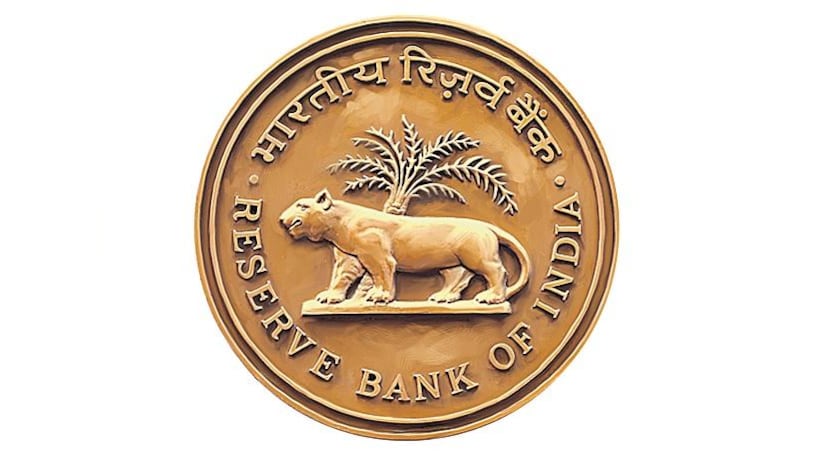RBI Issues Guidelines on Prudential Management of Bad and Doubtful Debt Reserve (BDDR) for Co-operative Banks
Uniform Treatment of Provisions:
– Effective from the Financial Year (FY) 2024-25, all provisions made according to the Income Recognition, Asset Classification, and Provisioning (IRACP) norms must be recorded as expenses in the Profit and Loss (P&L) account during the accounting period in which they are recognized.
– The eligibility of these provisions for regulatory capital purposes will continue to follow the existing guidelines on capital adequacy.
Appropriations of Net Profits:
– After accounting for all applicable provisions under IRACP norms and other relevant regulations in the P&L account, banks may appropriate any remaining net profits to the BDDR, if required by applicable statutes or other considerations.
Transition to Accounting Standard Compliance:
– One-Time Adjustment:
– For a smoother transition to an Accounting Standard (AS) compliant approach, a one-time adjustment will be allowed:
– Identification and Quantification (March 31, 2024):
– Banks must identify and quantify the balances in the BDDR as of March 31, 2024, which were created by appropriating net profits rather than recognizing them as expenses in the P&L account. These balances, termed ‘BDDR2024,’ represent provisions as per IRACP norms.
– Adjustment (March 31, 2025):
– By March 31, 2025, an appropriation equal to the BDDR2024 balance shall be made directly from the P&L account or General Reserves to provisions for Non-Performing Assets (NPAs). This adjustment will allow these provisions to be netted off from Gross NPAs (GNPAs) to calculate Net NPAs (NNPAs).
– Any portion of BDDR not required under applicable statutes can be transferred to General Reserves or Balance in P&L Account below the line.
– After these entries, the remaining balance in the BDDR can be considered as Tier 1 capital. However, this balance should not be used to reduce GNPAs for calculating NNPAs.
Regulatory Compliance:
– Banks must adhere to the provisions of their respective State Co-operative Societies Acts or the Multi-State Co-operative Societies Act, 2002, as applicable.
Applicability:
– These instructions apply immediately to all Primary (Urban) Co-operative Banks, State Co-operative Banks, and Central Co-operative Banks.
Bringing you the latest updates on finance, economies, stocks, bonds, and more. Stay informed with timely insights.

























Be First to Comment